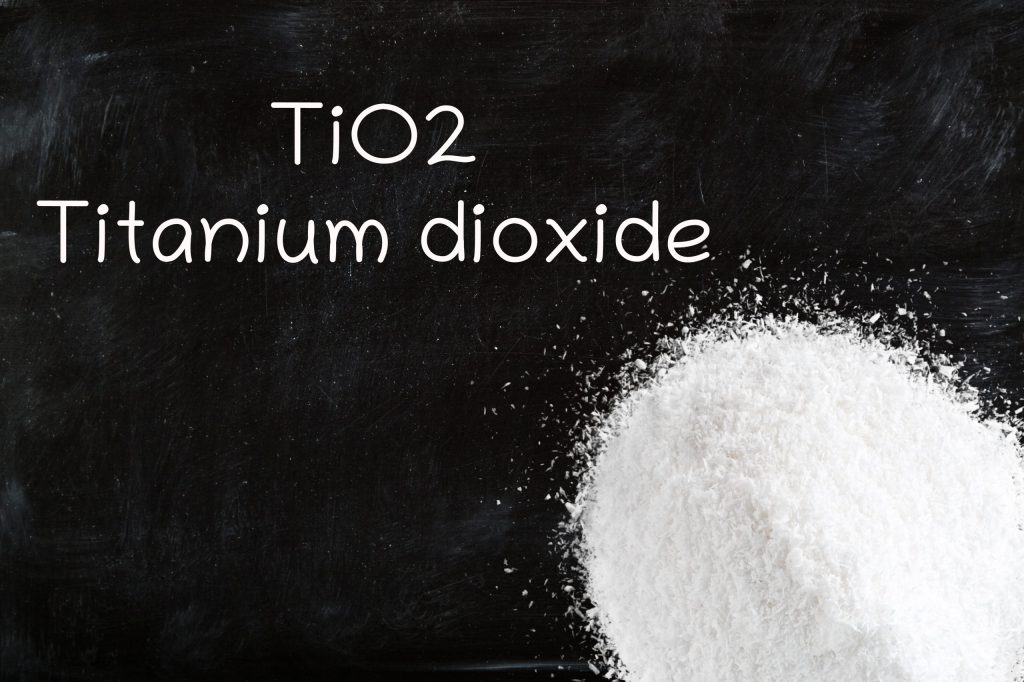Organic modification of titanium dioxide and its effect on ABS engineering plastics

Due to the defects of titanium dioxide itself and the strong polarity on the surface, titanium dioxide without surface treatment is easy to absorb water and agglomerate during production, storage and transportation, which limits its application in organic polymers due to its easy agglomeration. Therefore, effective surface modification of titanium dioxide to improve its dispersibility in organic polymers and compatibility with the application system has become the key to the wide application of titanium dioxide. In order to improve the wetting, dispersion and rheological properties of titanium dioxide in various dispersion media, it is usually necessary to carry out organic modification.
The organic surface modification of titanium dioxide was carried out with different organic modifiers, and the effects of different organic modifiers on the surface hydrophilicity and hydrophobicity, Lab and oil absorption of titanium dioxide powder were studied, as well as the effects of different organic surface treatments on melt index, tensile strength, etc. The influence of material properties such as tensile strength and impact strength. The results showed that:
(1) The use of polysiloxane A, polysiloxane B, and polyol organic modifier to treat titanium dioxide has no significant effect on the Lab value of the powder, and the oil absorption index of the product is reduced;
(2) The titanium dioxide treated with polysiloxane exhibits hydrophobic properties, which enhances its compatibility with plastic resins;
(3) The titanium dioxide modified by polyols is hydrophilic, and it is easy to absorb water, which affects the application performance of plastics;
(4) In the ABS resin system, titanium dioxide treated with polysiloxane A is added, which has the least influence on the mechanical properties of plastic products, and the tensile properties and impact strength of the material are the best.
(5) It is recommended that the titanium dioxide used in the engineering plastics field be modified with polysiloxane modifiers, and organic modifiers containing different groups should be selected according to different application systems to improve the overall performance of the material.
